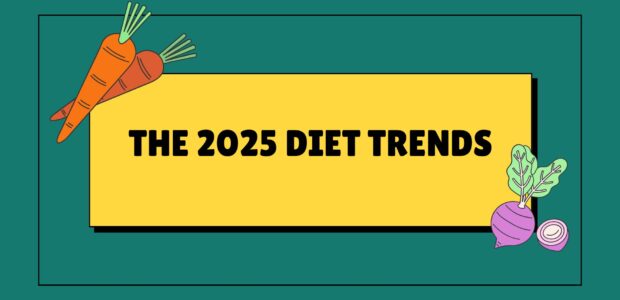Introduction:
Set the scene by explaining how diet fads come and go, but in 2025, nutrition science and technology are merging to shape smarter, more effective eating habits. Highlight that this guide focuses only on research-backed trends — no fad detoxes or miracle pills.
Main Sections:
1. AI-Personalized Nutrition Plans
-
How AI apps analyze genetic, gut microbiome, and lifestyle data.
-
Example: Companies offering customized meal plans based on health markers.
-
Science: Studies showing tailored diets improve weight loss and blood sugar control.
2. Gut Health-Centric Eating
-
Probiotic and prebiotic-rich foods on the rise.
-
Popular fermented options (kimchi, kefir, miso).
-
Research linking gut microbiome to immunity, mood, and metabolism.
3. Plant-Forward Flexitarian Diets
-
Shift from strict veganism to flexible plant-based eating.
-
Reduced meat but inclusion of high-quality animal products.
-
Environmental and health benefits backed by studies.
4. Blood Sugar-Friendly Eating
-
Continuous glucose monitors (CGMs) for non-diabetics.
-
Focus on stable energy and avoiding spikes.
-
Evidence: Lower risk of inflammation, cravings, and weight gain.
5. Sustainable & Climate-Friendly Diets
-
Low-carbon protein sources like algae, insect protein, and lab-grown meat.
-
Research on how reducing carbon footprint improves global food security.
6. Mindful & Intuitive Eating
-
Using mindfulness to avoid overeating.
-
Psychology-backed benefits for mental and physical health.
-
How it compares to restrictive dieting in studies.
Conclusion:
Wrap up with the idea that 2025 is the year of science-driven, tech-enhanced nutrition — focusing on what works for long-term health, not just quick fixes.


